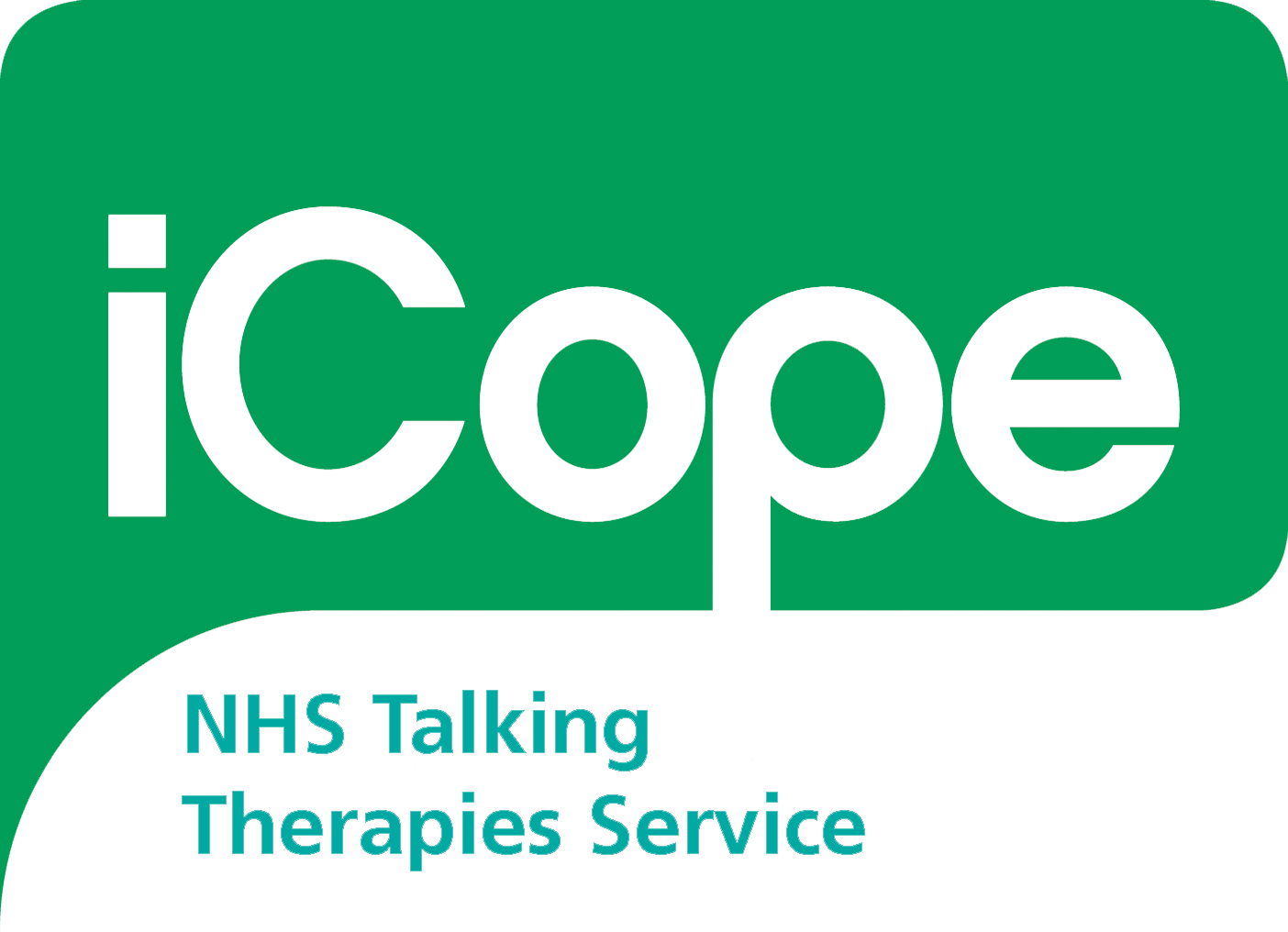Persistent or ‘chronic’ pain is pain which continues over a period of months or years. We know that living with pain can present many challenges to your wellbeing and create considerable distress.
Islington iCope currently run an eight-week self-management course designed to help you manage persistent pain better, so that it does not control your life.
This course is available to Islington iCope service users. For Camden iCope services users, equivalent pain management groups are available through Camden MSK services – self-referral or GP referral to the single point of access team for assessment is required as a first step before being able to access the pain services on offer.
Islington iCope’s self-management course is run by psychology and physiotherapy professionals based in Islington borough NHS services and combines both psychological and physiotherapy-based approaches to coping with chronic pain.
The first half of each session outlines techniques to manage pain from a psychological perspective. The second half outlines a range of physiotherapy techniques.
The topics covered in this group are as follows:
- Understanding why pain persists
- Understanding and working with difficult thoughts and feelings about your pain
- Learning to pace your activity, so you can be active without leading to a flare up in pain.
- Managing sleep with your pain
- Planning how you can get back to activities that are meaningful to you and create a more fulfilling routine, with your pain.
- How to communicate better with your friends, family and healthcare professionals about your pain
- Managing the stress attached to living with a chronic pain condition
- Understanding the role of medication and how different medications work with pain
Since the pandemic, this group currently runs online and is not face-to-face. If you want to know more or would like to join a group please request an appointment with us here.




